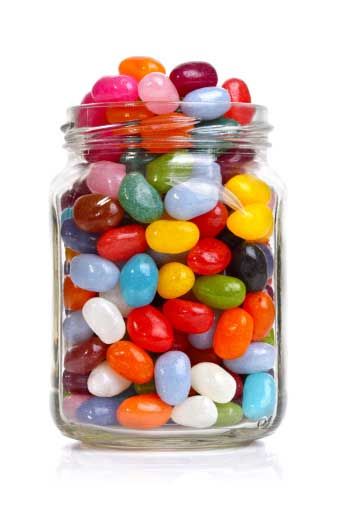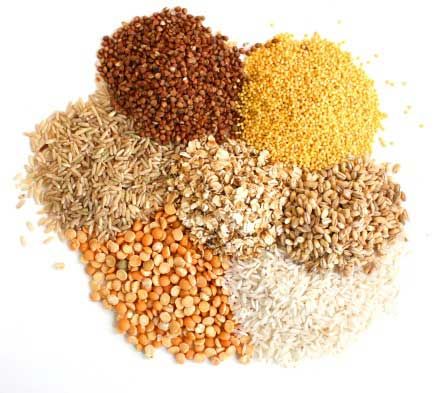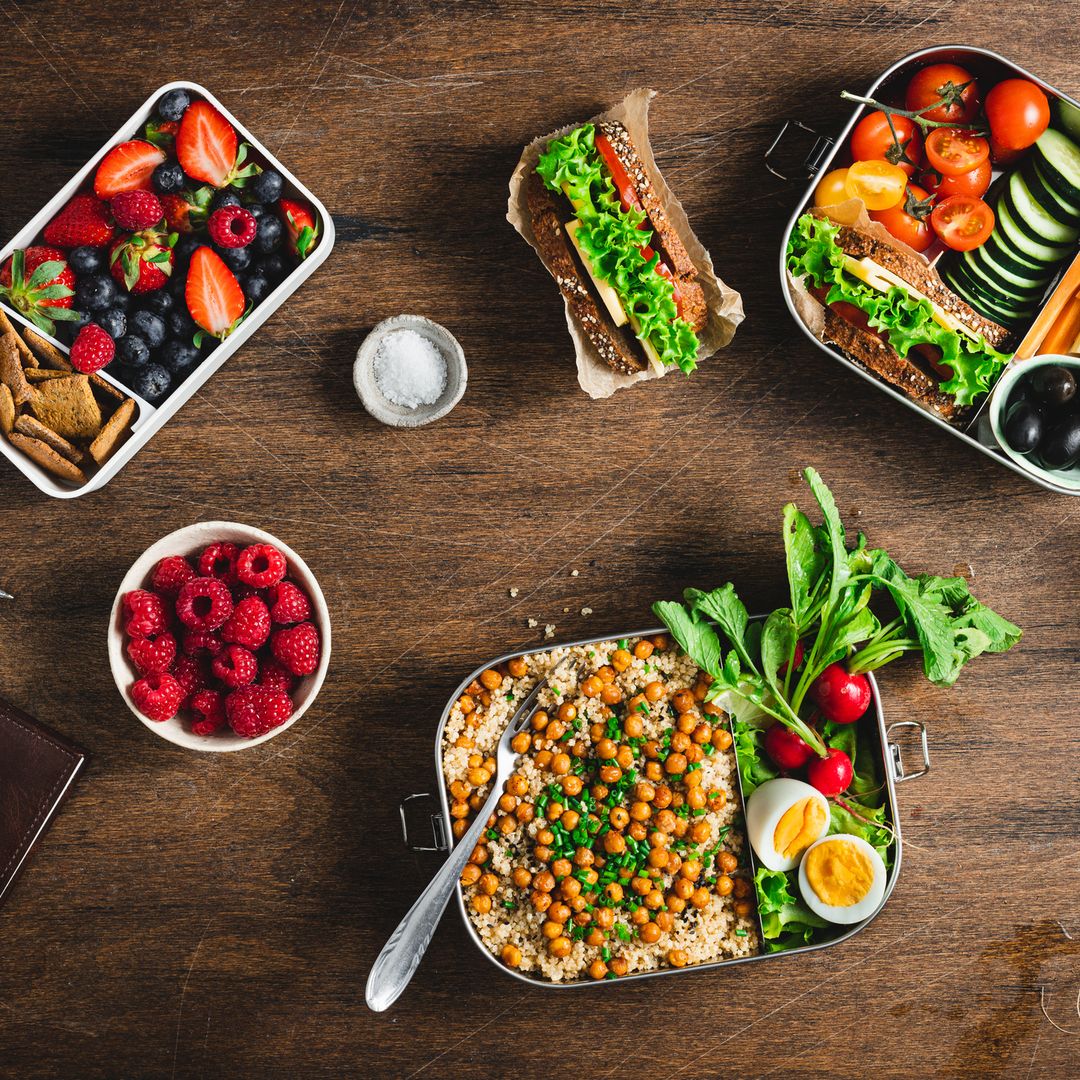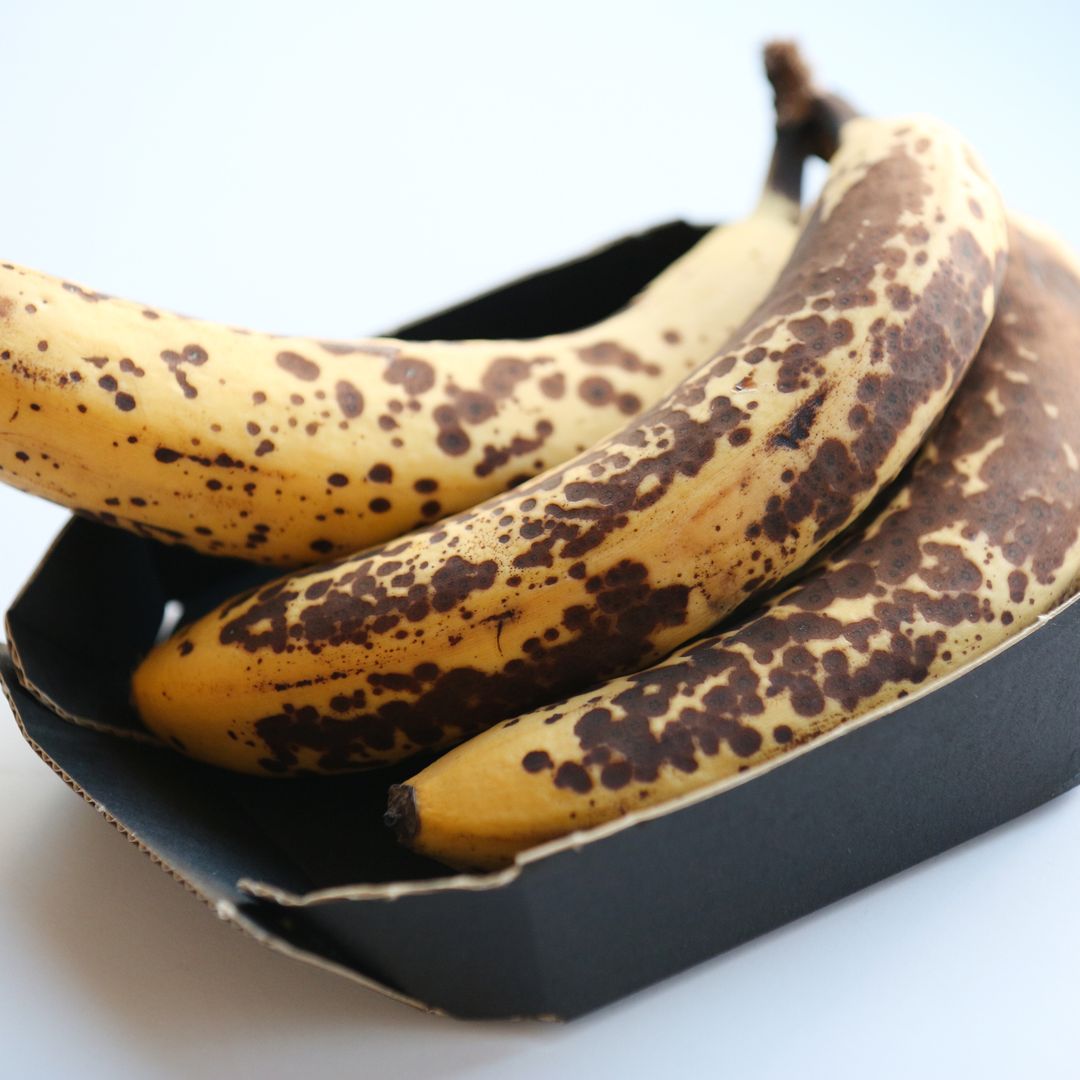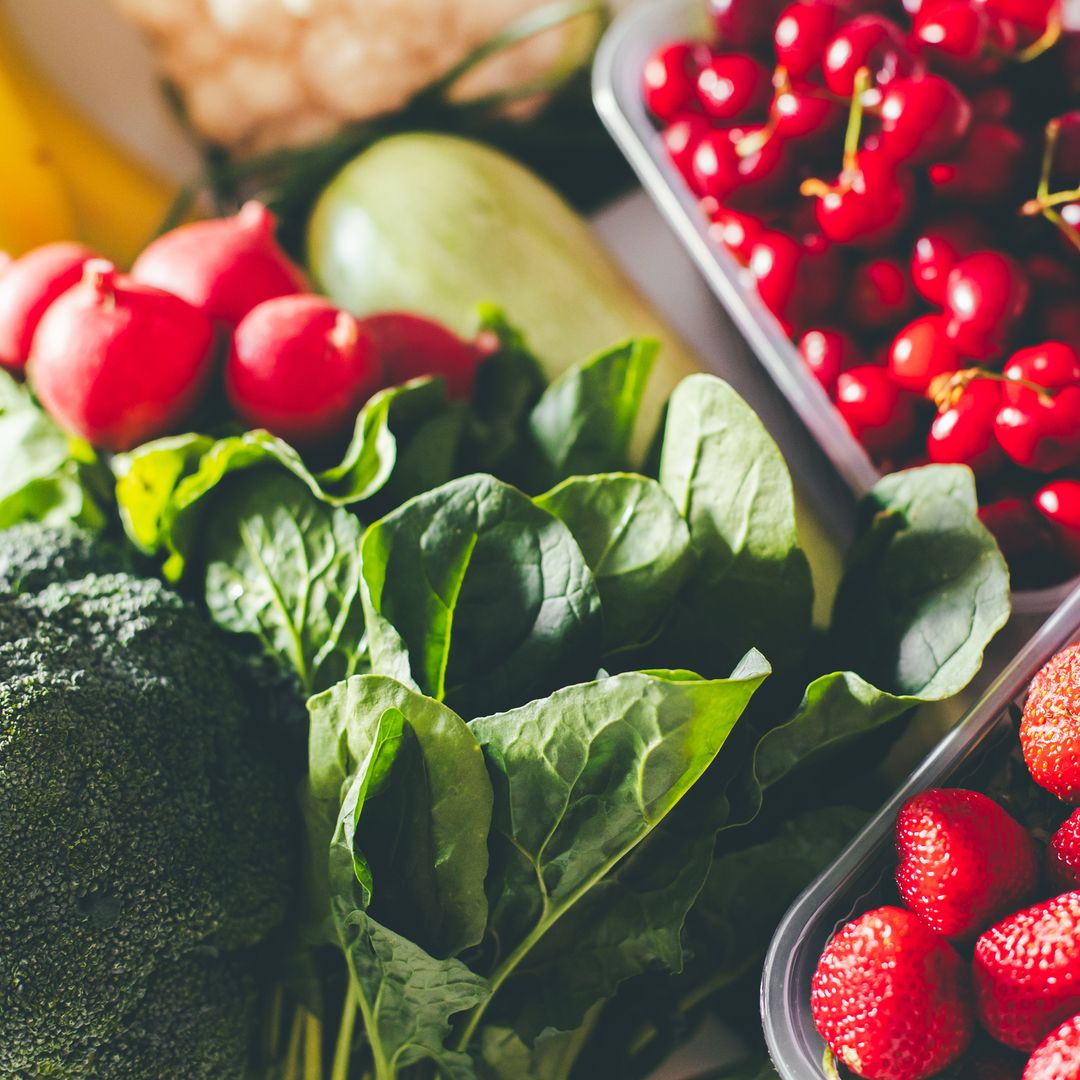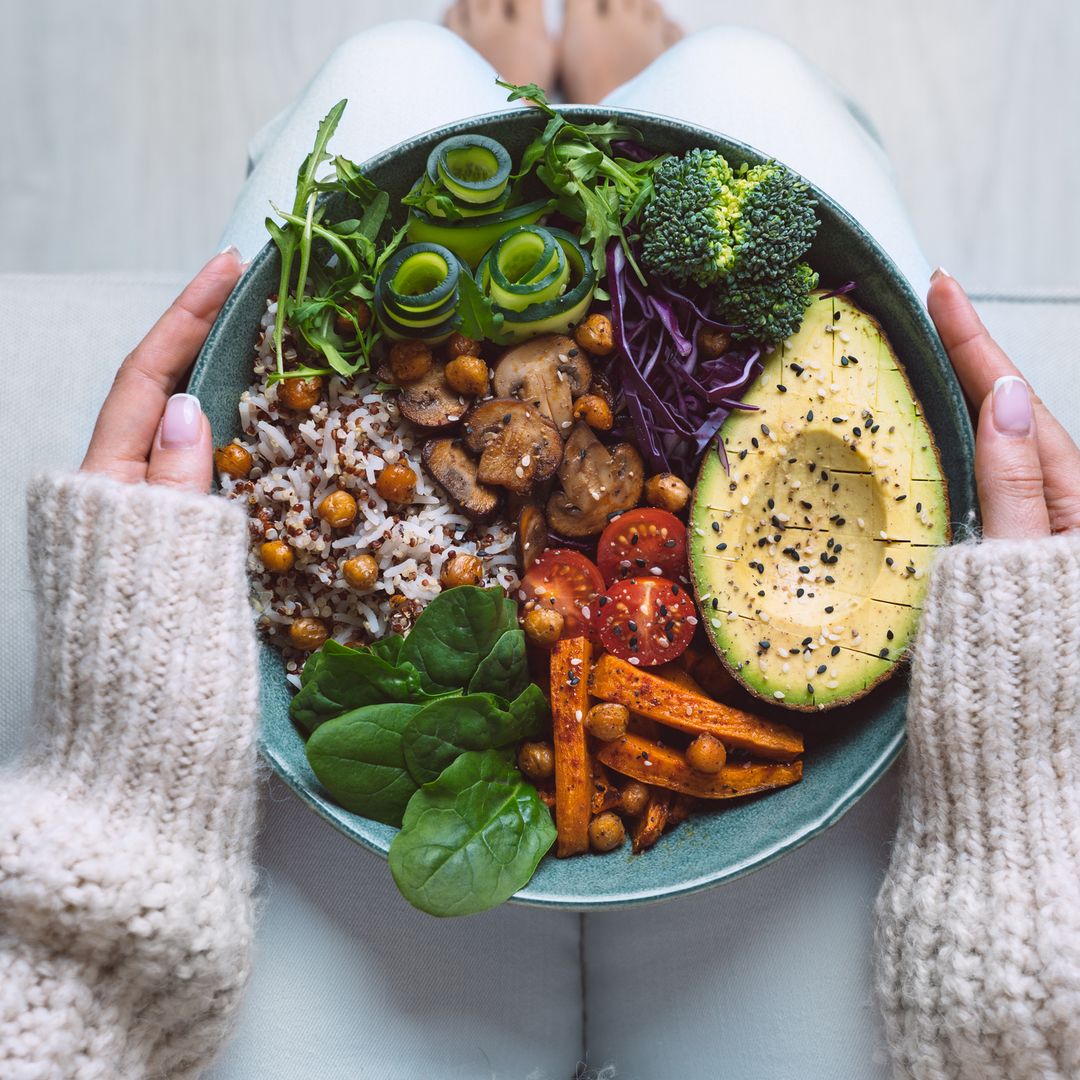With detoxes and diets in full flow, a campaign group has been set up to reduce the amount of sugar added to food and soft drinks.Action on Sugar aims to tackle obesity and diabetes in the UK by helping people to avoid "hidden sugars" and getting manufacturers to reduce the ingredient over time.The group believes 20% to 30% reduction in three to five years is attainable.HELLO! Online chatted to nutritionist Hala El-Shafie of nutrition-rocks.co.uk about the risks of consuming too much sugar, the benefits of cutting down your sugar intake and tips for ditching your sweet habit.
Why is sugar bad for us?"Sugar has absolutely no nutritional benefit and that's why it is regularly termed as 'empty' calories as it is literally just pure energy - there are no proteins, essential fats, vitamins or minerals in it. Large amounts of sugar have been linked with raised levels of insulin, which increase the risk of diabetes. The excess sugar in the British diet is a huge factor the UK's enormous rise in obesity. The body also turns surplus sugar into fat and stores it around the vital organs, placing us at risk of liver and heart disease. Sugar is also very bad for the teeth because it provides the perfect breeding ground for harmful bacteria in the mouth."What are the benefits of a sugar-free or low sugar diet?Weight control"Eating a sugar-free diet may allow you to lose weight more easily. Sugar is quickly metabolised into blood sugar, which prompts your body to release insulin - and insulin surges promote fat storage. By contrast, foods that are low on the glycemic index such as oats, vegetables and wholegrains produce only small blood-sugar and insulin fluctuations and keep your energy levels balanced, helping you feel fuller for longer periods of time."Lower risk of diabetes"Reducing sugar can significantly improve our physical health as well as reduce the risk of diabetes. The reason being that sugars increase the risk of being overweight, which in turn raises the risk for diabetes. Drinking one or more sugary drinks a day can in fact double your diabetes risk compared with a person who drinks less than one sugary drink per month."Better moods"Cutting sugar from your diet may significantly improve mood or at least regulate mood swings. People who consume too much sugar often suffer 'sugar spikes' followed by a 'crash' in blood sugars after consuming sugary foods. Too much sugar can easily lead to anxiety, poor concentration, irritability and emotional outbursts. Regulating sugar intake may also have a positive effect on mood disturbances before menstruation as well as during menopause."How can we cut down on or eliminate sugar?"The good news is that the palate is sensitive to sugar. The more you have the more you want but the reverse is also true – the less you have the less you crave it. When first cutting down on sugar you'll probably experience headaches and feel grumpy and lethargic for a few days. However, after a week you'll start to feel better and be amazed at how quickly your addiction fades. Set realistic goals and do this gradually. The simplest way to start is by halving your sugar intake each week until you're down to none. For example, if you currently have two sugars in your tea, have one in the first week and half a teaspoon in the second week. After six weeks you'll find your palate is more much more sensitive to sweetness and your cravings will naturally diminish."
Eat wholegrains
"Switch white pasta and rice for brown and eat wholemeal bread and wholegrain cereals or porridge for breakfast. These low glycaemic (low GI) foods will slow the speed at which sugar gets into your system, keeping blood sugar and energy levels constant. As a result this will make you less likely to crave that instant sugar hit. Eating more lean meat and fish will also help because protein keeps you feeling full and stabilises blood sugar levels."
Eat regular meals
"Regular meals will help stabilise blood sugar levels so you won't be hit by a sugar slump in the mid-afternoon."
Keep a food diary
"Keeping a food diary can really help you see what you are taking in and be mindful of how much sugar you are currently consuming."
Read the label
"It's a good idea to check the ingredient list of foods and note how high up the ingredients list sugar is placed . The less processed foods you eat and the more you cook from scratch, the less sugar you will automatically be taking in."
Sleep easy and relax
"The more tired you are, the more your body craves sugar to give you an energy boost. While you’re weaning yourself off sugar, aim to get seven to eight hours of sleep each night and avoid burning the candle at both ends. But don't use coffee as a pick-me-up if you've had a late night as caffeine can make sugar cravings worse. Reach for herbal, fruit teas or decaffeinated instead. When we're stressed or sad, it can lead us to have really strong cravings for sugar so working on relaxation techniques, meditation, yoga and massage can really help us de-stress. "For more of Hala's nutritional wisdom check out nutrition-rocks.co.uk
